Previously, AEON in Hong Kong imported bananas from the Philippines and Taiwan, but from 2023 to now, Vietnamese goods cover 100% of this supermarket chain.
The information was shared by Mr. Yuichiro Shiotani, General Director of AEON Topvalu Vietnam Co., Ltd. at the seminar "Connecting international goods supply chains 2024" organized by the Department of European - American Markets (Ministry of Industry and Trade) on April 12, in Ho Chi Minh City.
According to Mr. Yuichiro Shiotani, last year, the group introduced fresh Vietnamese bananas to 91 supermarket outlets in Hong Kong. 100% of the fresh bananas on sale are imported from Vietnam, while previously this product was supplied by suppliers from the Philippines, Taiwan or Singapore.
The reason the group chose Vietnamese products was because of their high quality. Banana production in Vietnam applies a circular economy model. During the growing and processing process, the production enterprise does not generate any external waste. "This process meets the group's sustainability criteria," said Mr. Yuichiro Shiotani.
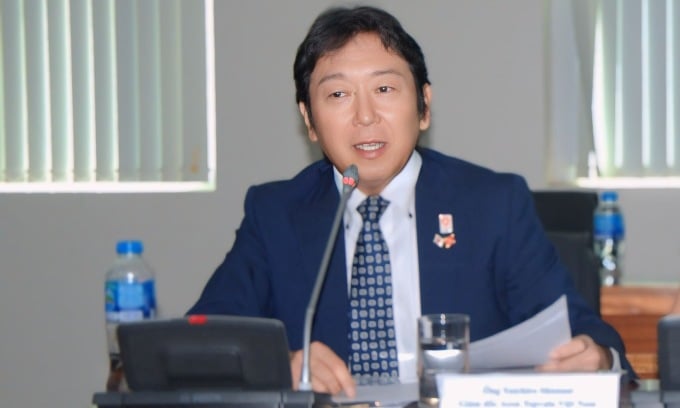
Mr. Yuichiro Shiotani, CEO of AEON Topvalu Vietnam. Photo: Thi Ha
In addition to bananas, AEON will soon purchase 100% of fresh mangoes from Vietnam instead of Thailand and the Philippines as before. Banana output is expected to double compared to 2023.
According to Japanese retailers, in the current consumer trend, buyers have raised their criteria, in which, in addition to price, products must be environmentally friendly and have fast delivery.
Similarly, Mr. Mirash Basheer, Director of May Exports Vietnam Company (Lulu Group), a major buyer of Indian products, said that the demand for purchasing products from Vietnam is increasing, especially products that meet green criteria.
The company is also planning to buy more shelled cashew products and work directly with factories. In addition, the group is also looking for products that are Vietnam's strengths such as canned fruit juice, coconut water, cashew nuts, canned tuna... with the desire to position Vietnamese products in a higher segment.
Regarding the US market, a representative of the Walmart supermarket system said that there are about 500 businesses supplying goods to supermarkets. However, most of them are FDI enterprises, while purely Vietnamese companies account for a small proportion and are mainly secondary suppliers. In the near future, if Vietnamese businesses have quality products that meet sustainable development criteria, it will be easier to approach consumers in the US.
According to Mr. Do Ngoc Hung, Vietnam Trade Counselor in the US (Ministry of Industry and Trade), businesses need to carefully study the criteria of distributors. Typically, Walmart, Costco, and Amazon all take consumers as the center. They emphasize strict factors on quality and price of goods. Especially controlling input quality, ensuring green criteria, responsibility for the environment, and labor.
Enterprises need to successfully build a supply chain from wholesale to retail. In addition, enterprises can coordinate with industry associations in states, distributors, and promotion agencies to participate in exhibitions and fairs to expand connections. Participating in the event "Connecting international supply chains" (Vietnam International Sourcing 2023) taking place on June 6-8 in Ho Chi Minh City is also a way for enterprises to easily cooperate with distributors.
Thi Ha
Source link


![[Photo] Prime Minister Pham Minh Chinh chairs meeting after US announces reciprocal tariffs](https://vstatic.vietnam.vn/vietnam/resource/IMAGE/2025/4/3/ee90a2786c0a45d7868de039cef4a712)
![[Photo] A brief moment of rest for the rescue force of the Vietnam People's Army](https://vstatic.vietnam.vn/vietnam/resource/IMAGE/2025/4/3/a2c91fa05dc04293a4b64cfd27ed4dbe)
![[Photo] Prime Minister Pham Minh Chinh chairs the first meeting of the Steering Committee on Regional and International Financial Centers](https://vstatic.vietnam.vn/vietnam/resource/IMAGE/2025/4/3/47dc687989d4479d95a1dce4466edd32)
![[Photo] Ho Chi Minh City speeds up sidewalk repair work before April 30 holiday](https://vstatic.vietnam.vn/vietnam/resource/IMAGE/2025/4/3/17f78833a36f4ba5a9bae215703da710)
![[Photo] General Secretary To Lam receives Japanese Ambassador to Vietnam Ito Naoki](https://vstatic.vietnam.vn/vietnam/resource/IMAGE/2025/4/3/3a5d233bc09d4928ac9bfed97674be98)

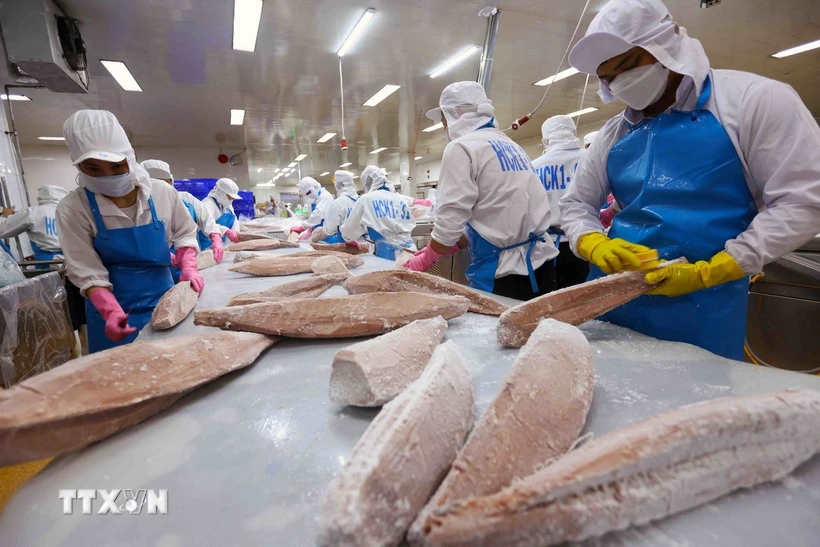

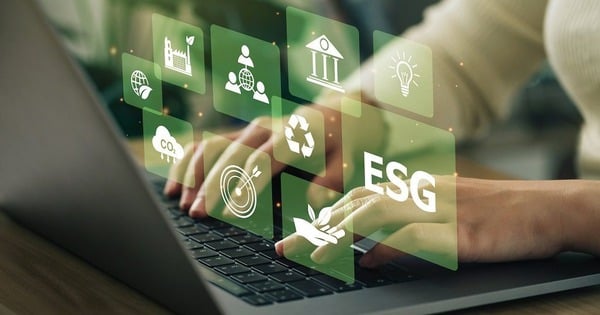



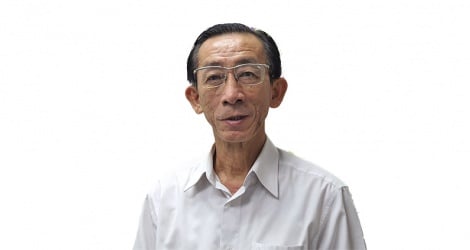

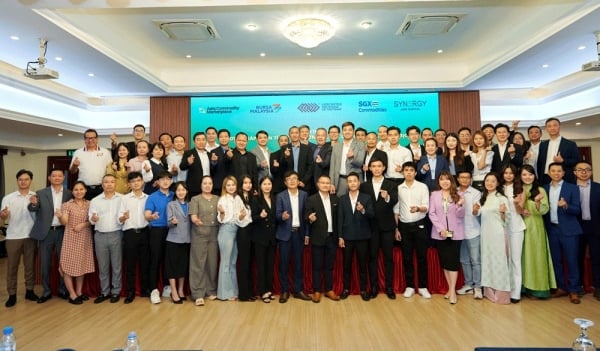

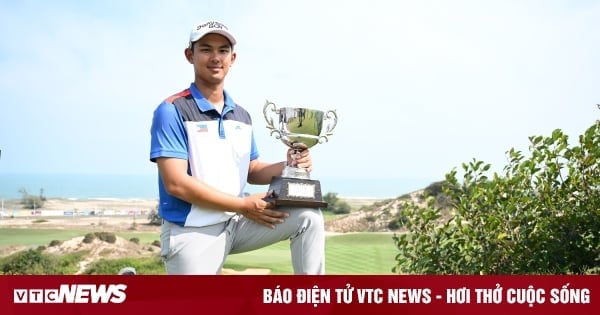

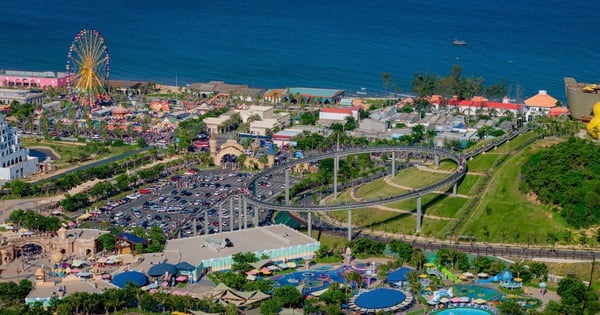
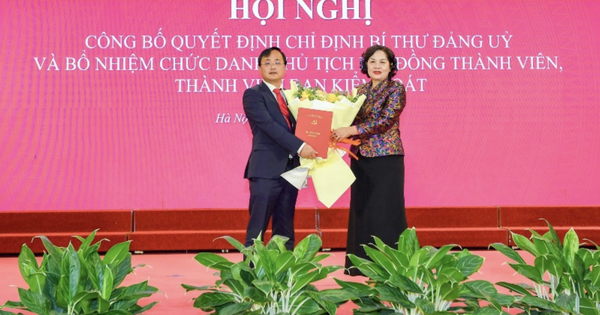
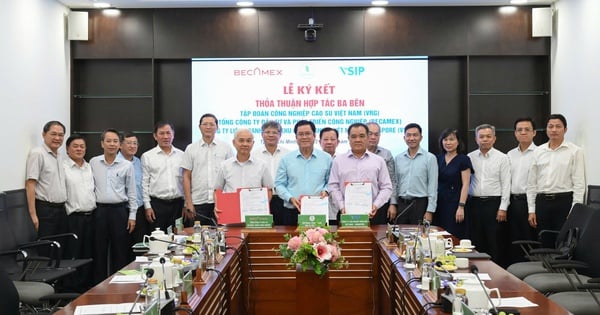

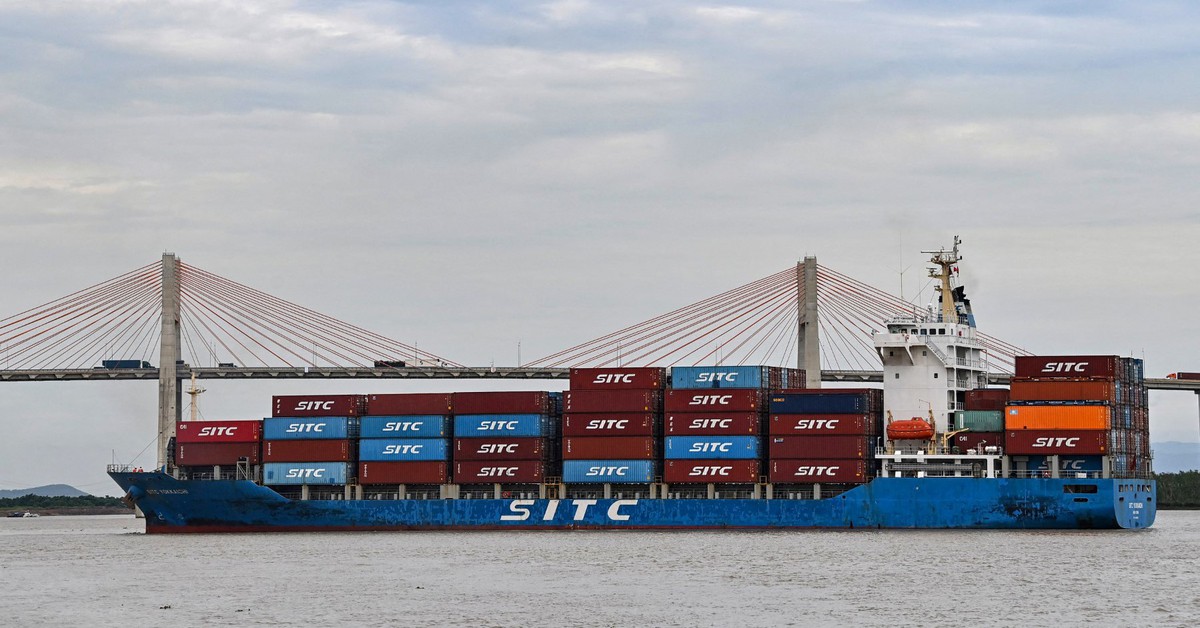
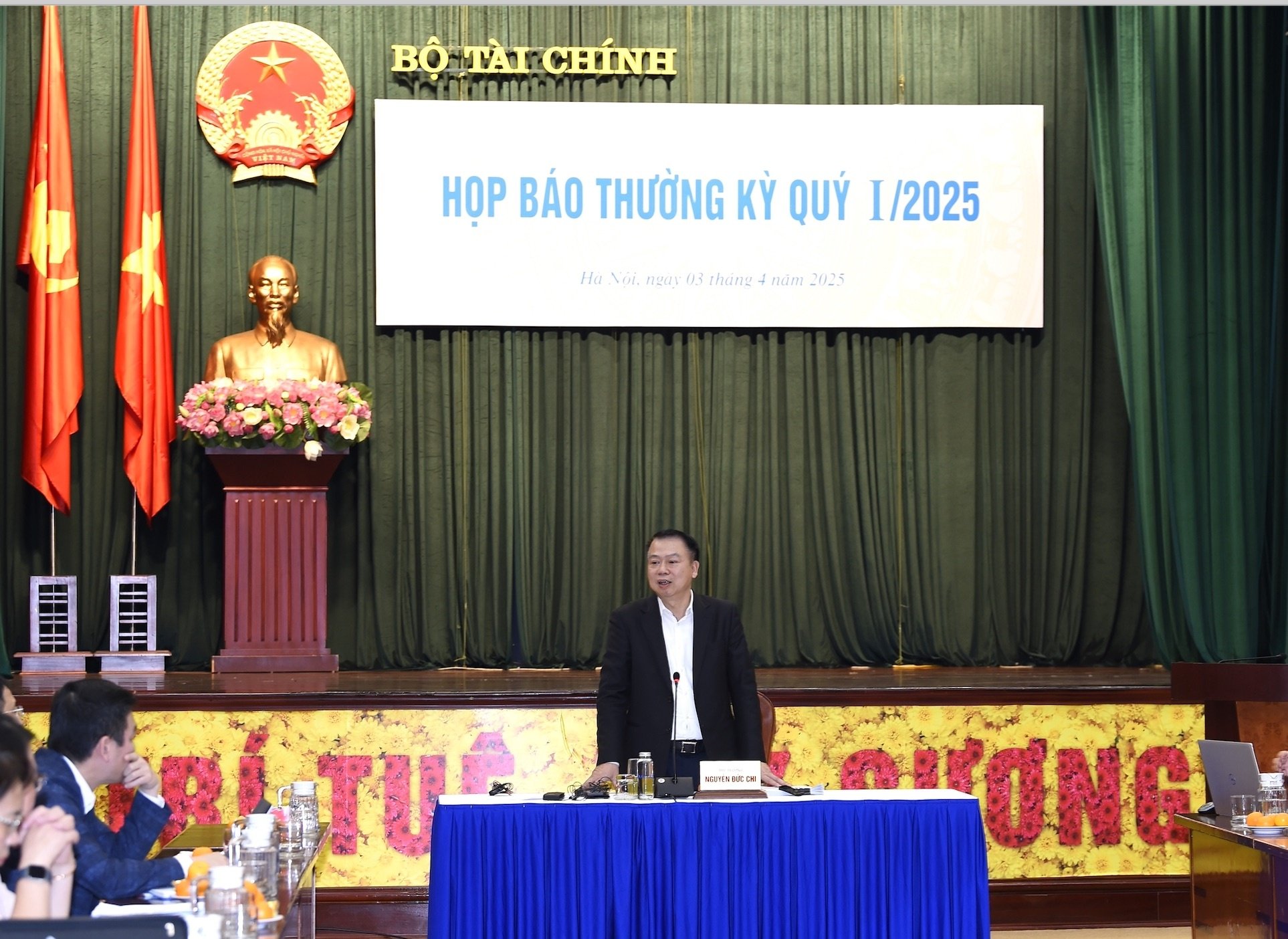


















































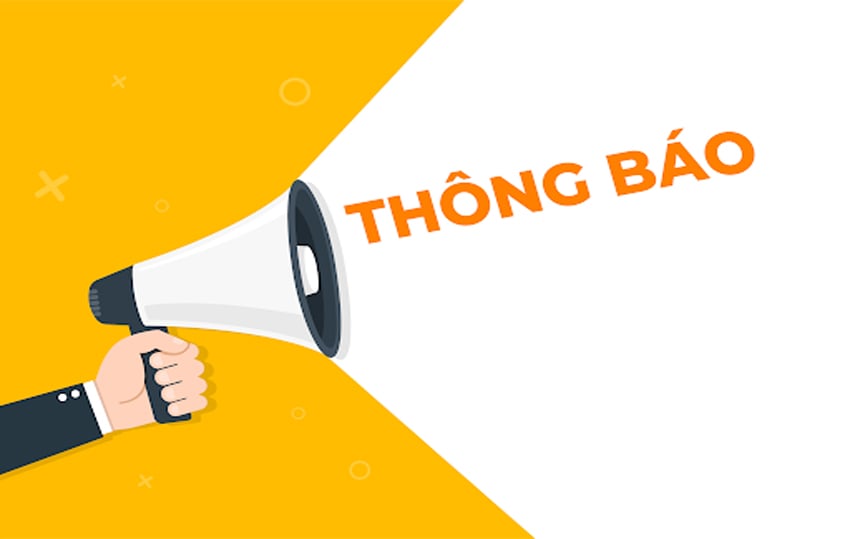

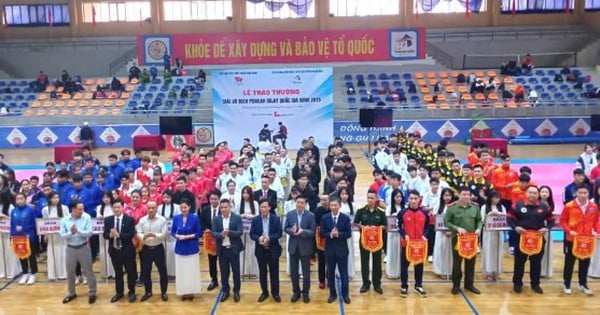
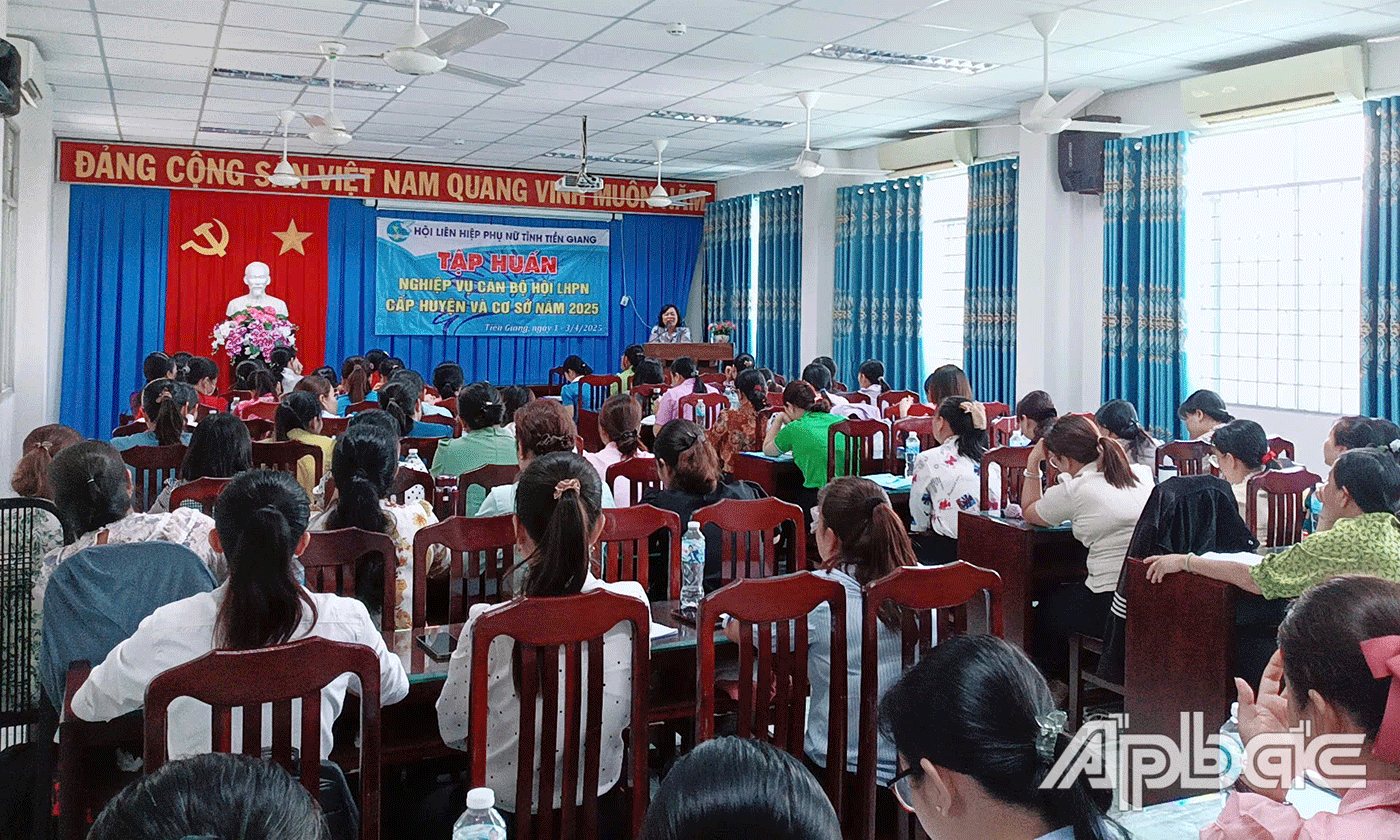

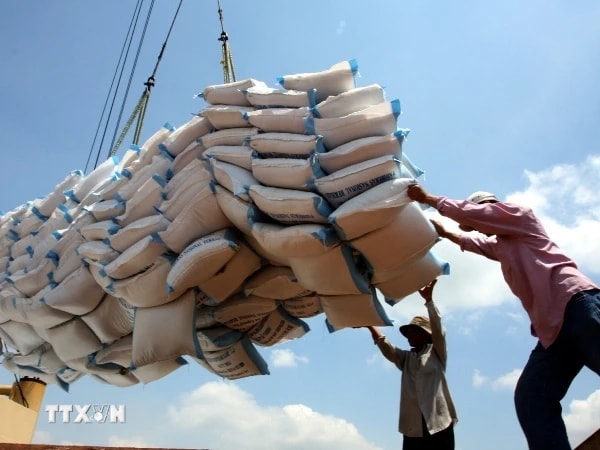

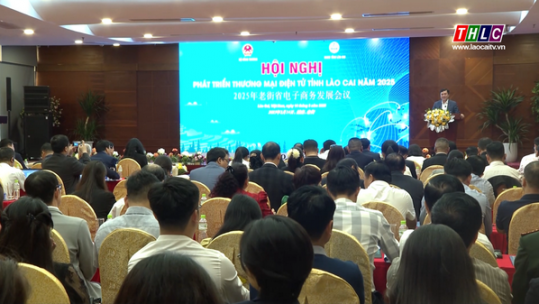
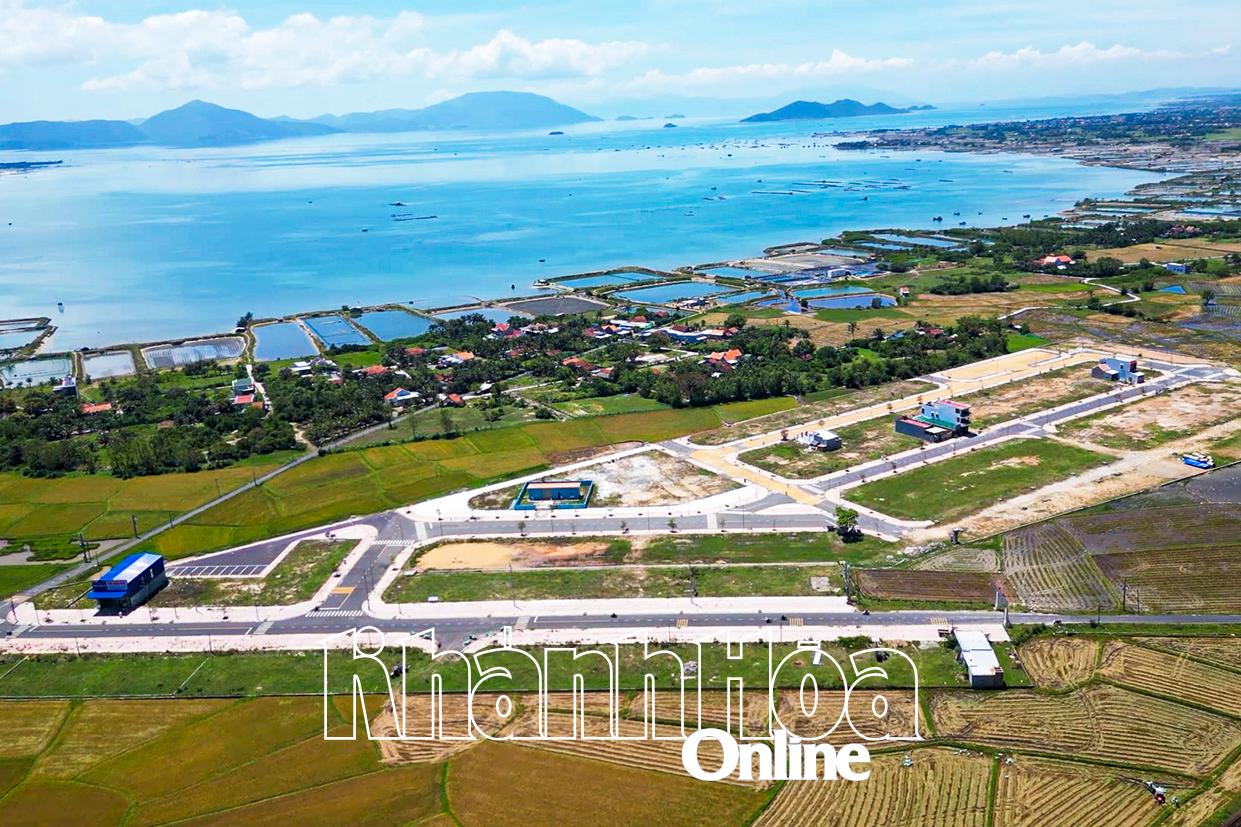

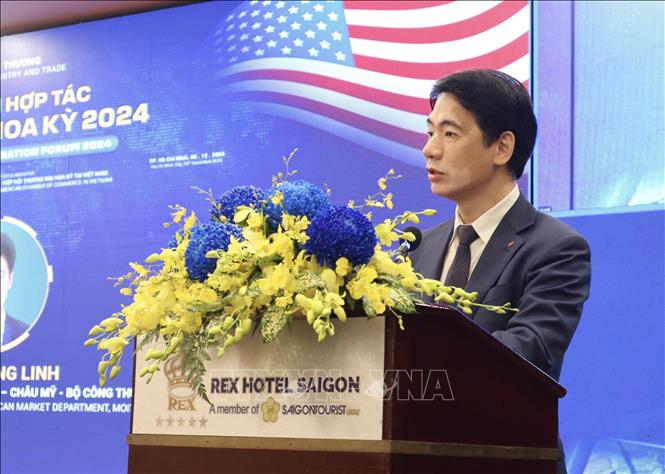
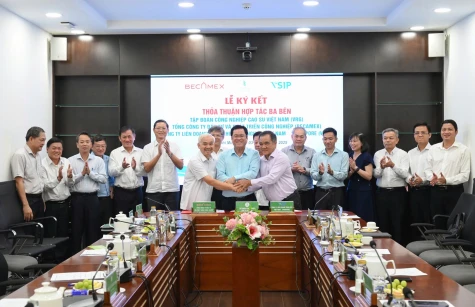













Comment (0)